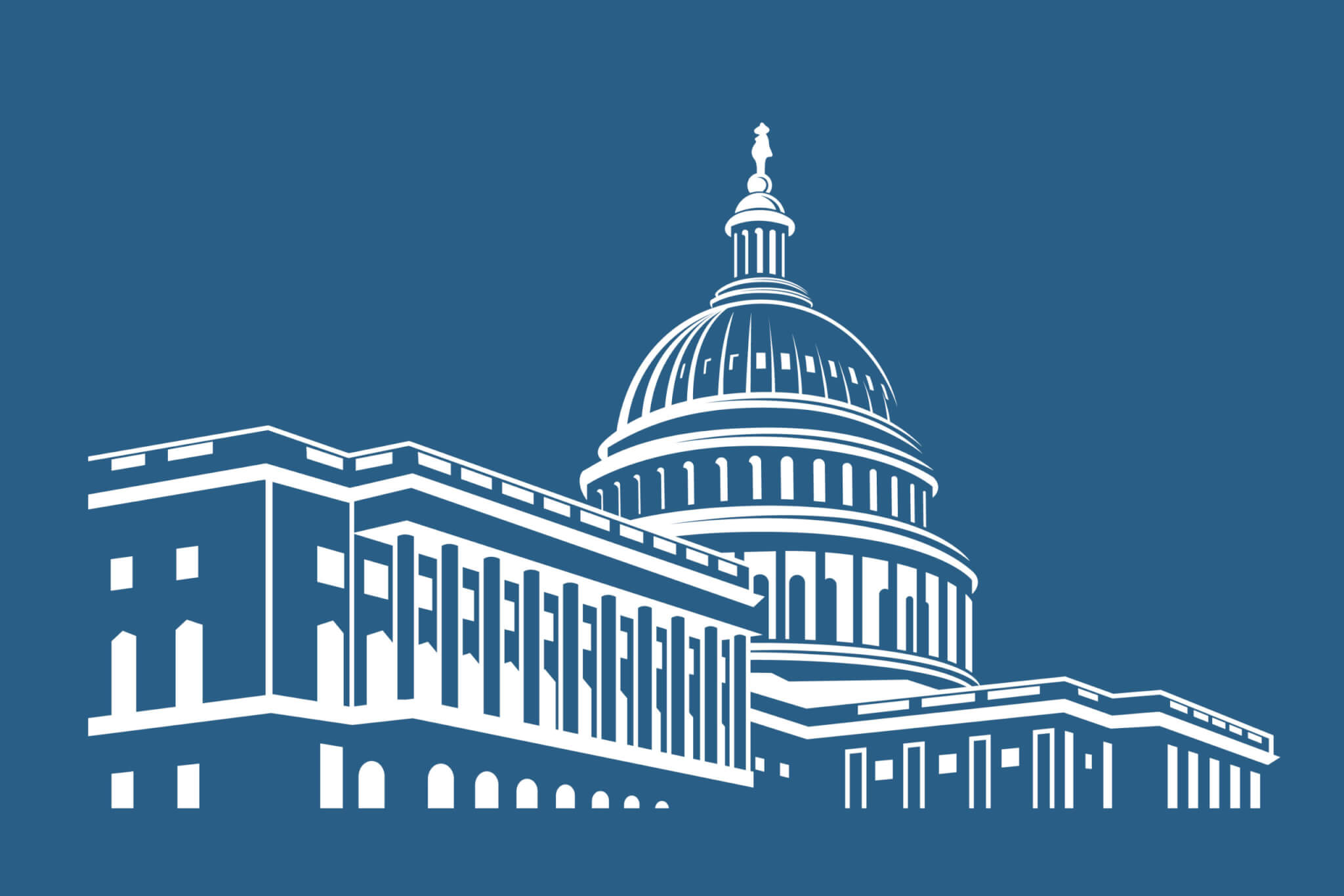The Biden-Harris Administration takes an extremist policy against large landlords, proposes punitive measures for housing providers that raise rents above 5%
We see no immediate cause for alarm as the prospect of passing federal legislation is slim during an election year and California already has an abundance of tenant protections.

Housing providers in California are already operating their businesses in a complicated regulatory regime but, increasingly, they stare at the 800-pound gorilla of the federal government.
Under a new initiative by President Biden, corporate landlords with 50 or more units would risk missing out on federal tax breaks unless they cap rent increases. The President appeared to struggle to read a teleprompter and misspoke at the 115th NAACP National Convention by claiming landlords would be targeted if rents were raised more than 55 dollars, but he meant a rent cap at 5%.
The Biden-Harris Housing Plan calls on Congress to pass legislation that punishes corporate landlords who raise rents by more than 5% by stripping them of “valuable federal tax breaks.” While details are scarce, depreciation and 1031 exchanges are expected to be on the chopping block for landlords accused of inflating rents.

Will the measure pass? If we were gamblers, we’d say no.
With the corporate landlord lobby dug in for a fight, we expect anything backed by the President will be dead on arrival in the GOP-controlled House. If voters deliver Biden and Democrats a resounding victory in November, that would change the equation.
Impact on housing providers in California
For many property owners in the Bay Area, a 5% rent increase would be a gift. Take San Francisco, where the allowed rent increase is a paltry 1.7%.
Small mom-and-pop landlords should be relieved the new legislation being floated only targets larger landlords for whom lawmakers have an antipathy. This district of corporate landlords who are not “natural persons” arose out of the foreclosure crisis where large, sophisticated investors were scooping up dozens, hundreds, and thousands of distressed properties. Yet smaller landlords do not incur this same disfavor by lawmakers.
Whenever there is chatter about enacting greater tenant protections on the federal level, the question is whether the Golden State has more rigorous protections on the state and/or local levels. By and large, the answer is yes, they do.
Take, for instance, the eviction moratoriums in place during the COVID era. While there was a controversial federal moratorium that went through a legal dustup, we largely were tuned out of the discussion because California already had its own, stricter moratoria.
In a cursory look at the White House’s blueprint for a renters’ bill of rights, much of it is duplicative of California law. The plan calls for clear and fair leases; education, enforcement, and enhancement of renters’ rights; the right to organize, and eviction prevention, diversion, and relief.
On all bullet points, California already has a vast set of rights in place and it is hard to believe that Uncle Sam will enact a more onerous regulatory regime. One part of the wish list is to give tenants advanced notice of rent increases and it's comical to think that this would have any bearing on current law in these parts.
You may get some argument from New York City, but the Bay Area has the most ensconced tenant protections anywhere and it will be hard for the federal government to best. We are concerned that Biden’s plan covers newer rental units, only exempting new construction. Stay tuned as any proposals take shape, but we don't expect any action to be taken in this "lame-duck" year.

The timing is impeccable as corporate landlords are criticized or sued on other fronts.
RealPage has been in the hot seat lately with litigation accusing the company of colluding with corporate landlords and private equity firms to illegally share information, price-fixing, and inflating rents through its algorithm. Given the infinite resources of the government, you can rest assured that there will be a crackdown.
In San Francisco, meanwhile, Supervisor and mayoral candidate Aaron Peskin jumped onto the bandwagon by introducing first-of-its-kind legislation that would prohibit landlords from using algorithm-based tools that allegedly recommend rental prices that are too high for the market to bear.

Parting thoughts
We are concerned that the federal government is insidiously meddling with the rights of rental property owners everywhere but especially where we practice law in California, a state that is already home to maddening landlording rules.
Having said that, we don’t expect any changes coming out of our nation’s capital anytime in the near to intermediate future.
We noted that this new federal proposal shouldn’t impact small landlords. We have bigger fish to fry in defeating Proposition 33, dubbed the Justice for Renters Act. You can read our earlier article on how we can marshal our resources to beat this disastrous ballot initiative.
